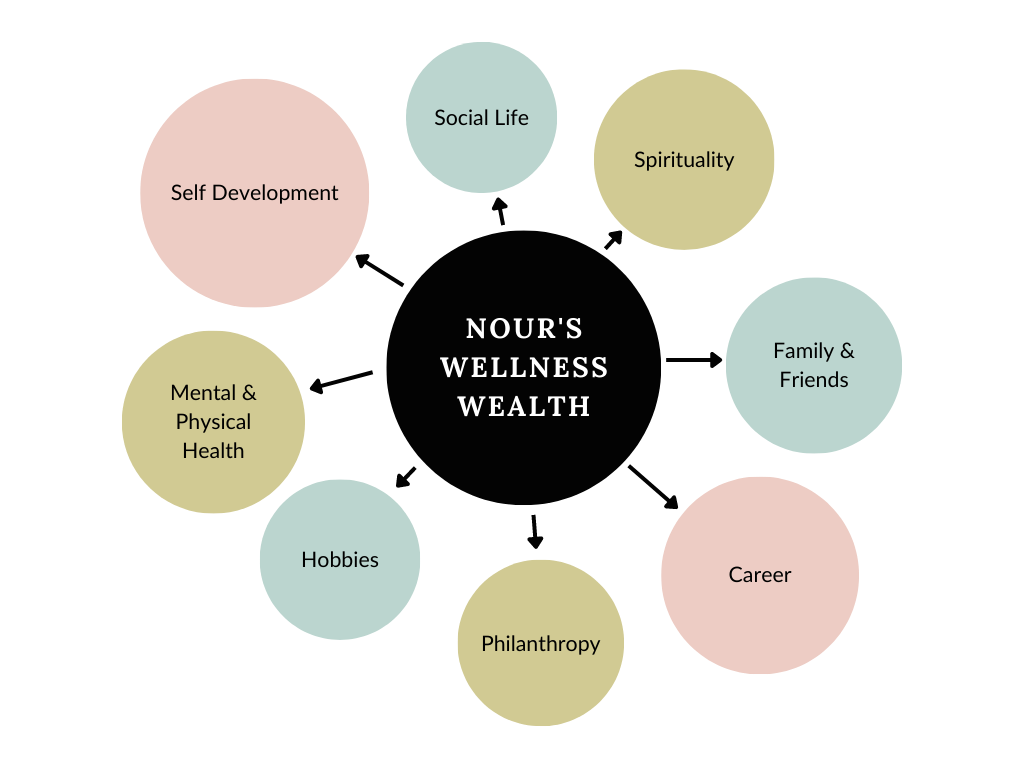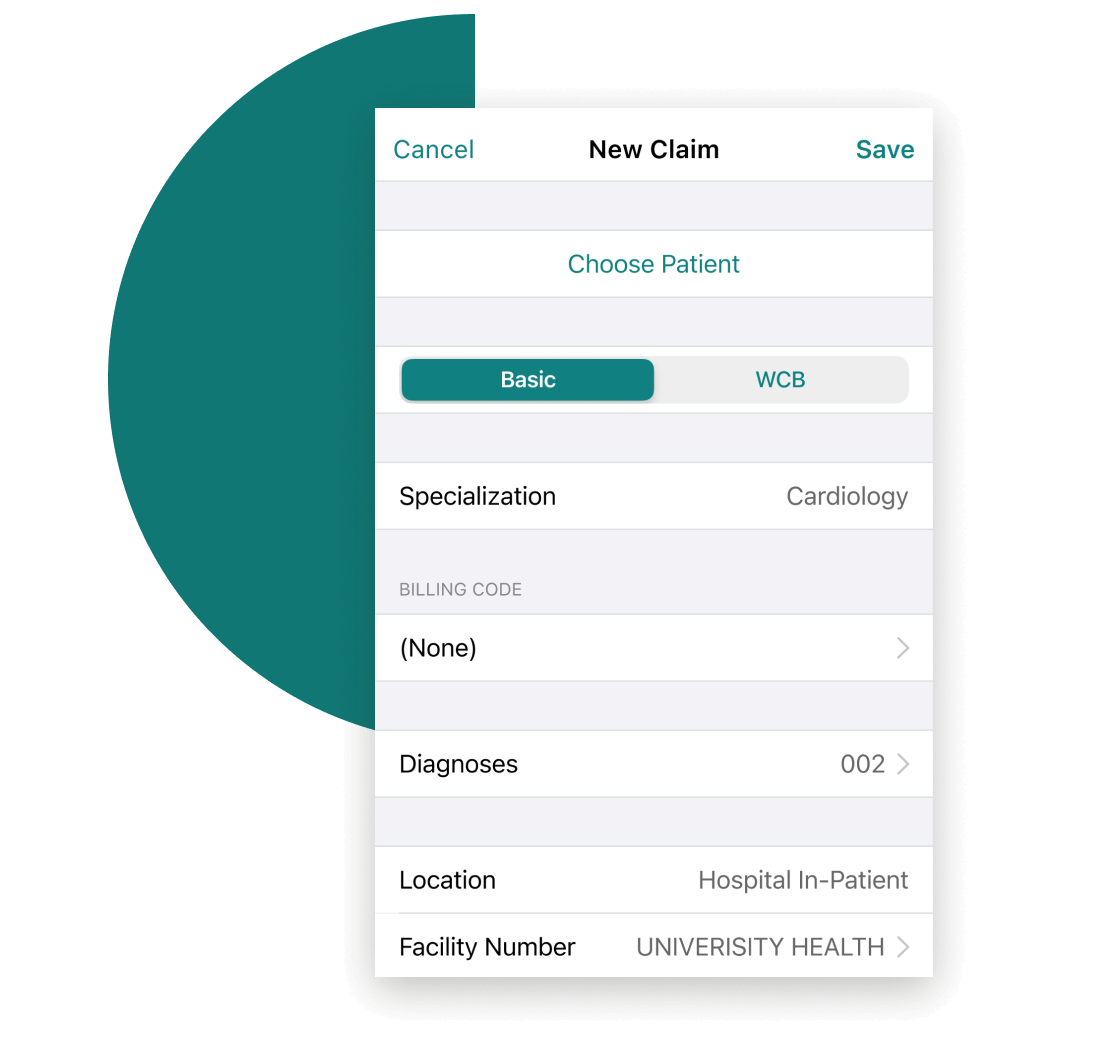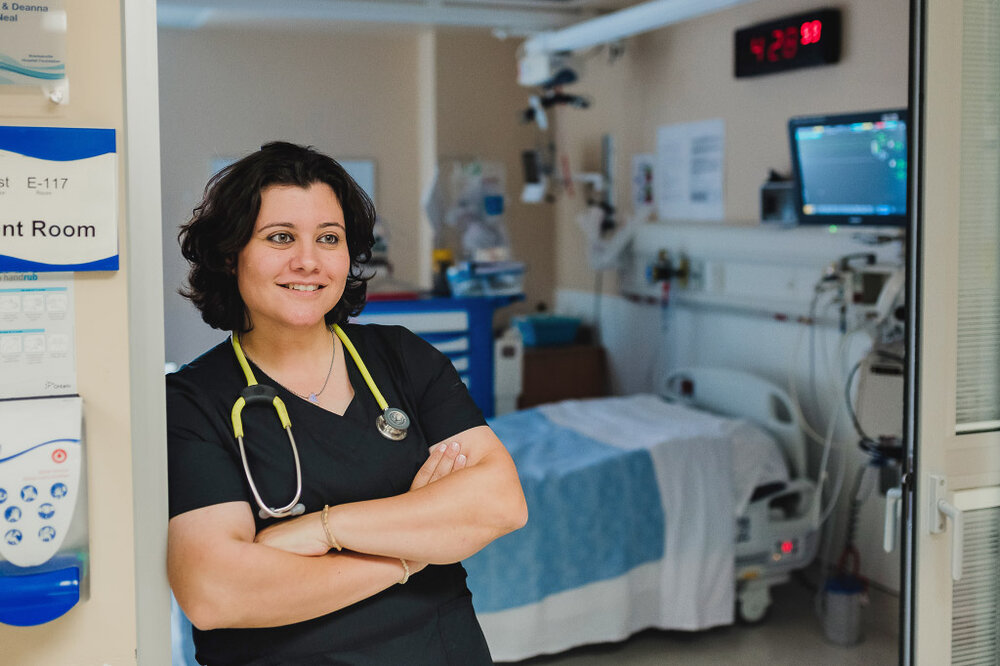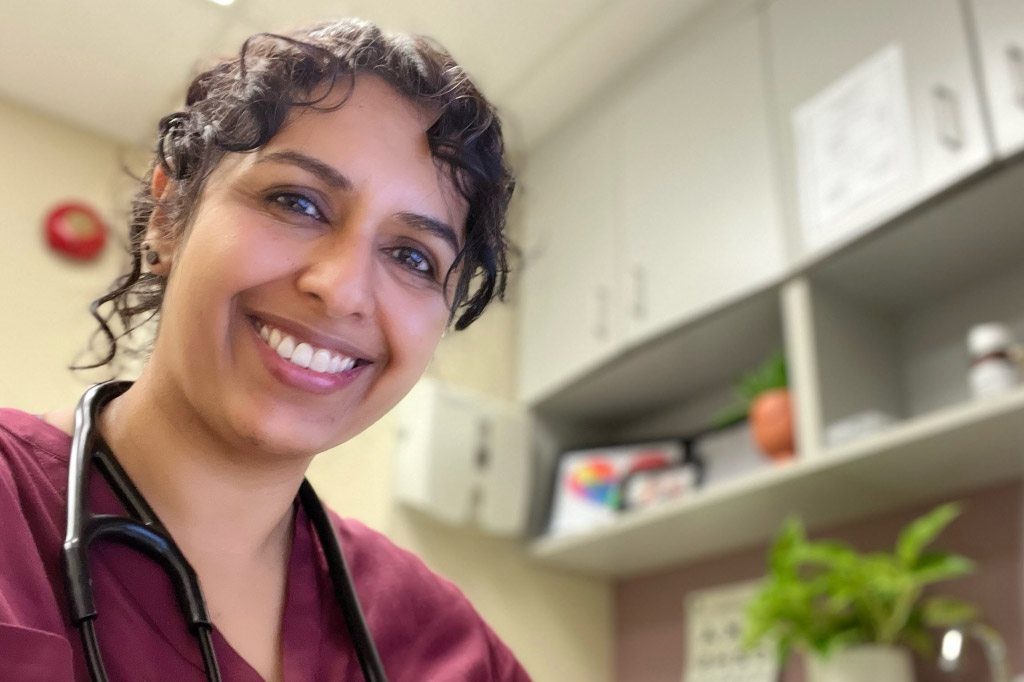In celebration of women in medicine and #IWD2023, we sat down with Dr. Nour Khatib—emergency physician, remote locum, physician wellness advocate, U of T instructor and incredible voiceover talent!
Read on to learn more about Dr. Khatib’s experiences as a self-described “med school dropout” who found her way back to medicine again. She also talks about her passion for mitigating physician burnout and shares some of her own strategies for maintaining balance and joy.
What inspired you to pursue a career in medicine?
I was just 17 years old when I got into med school. As an immigrant from a family of refugees, this was a dream come true. Even then, I really did feel “the calling,” but I was so young. Within the first two months of my first year, I was already overwhelmed, struggling to keep my sanity and questioning my career choice. The medical school admin told me I was burnt out. I was given a year off and advised to come back the following year. It was the first time I’d heard that word. “Burnout.” I didn’t realize the weight of it at the time, and couldn’t know that burnout would become the unfortunate norm for a generation of physicians.
I was a med school dropout. In my "year off" I decided to enroll in business courses. I enjoyed learning about finance and decided to pursue it. “That’s it… I’ve switched careers,” I thought. In the years that followed, I got my finance degree and MBA, and became a financial analyst for Pratt & Whitney Canada. I absolutely loved it. But I always had medicine in the back of my mind. As happy as I was in finance, it was like a chant playing in my head. “What if? What if? What if?” I did what must have seemed like the craziest thing: I reapplied to med school and left a career I loved to give medicine another shot.
I’m so glad I did. I questioned myself right up until the first time I experienced direct patient contact. In that moment, I knew undeniably that I’d made the right choice.
What challenges and opportunities in medicine do you feel are unique to women?
While it’s an ever-improving landscape, the truth is that women physicians don’t always get the same credibility as men do. Sometimes we do, of course, but when we don’t, it makes our jobs more challenging.
In addition, many women still carry a larger portion of household and family duties, meaning physicians who are women might be working that much harder in both the work and home realms of their lives. It’s unsurprising that burnout affects us at a higher rate than men.
Has physician burnout affected you?
Significantly. Initially, I had zero balance—I just worked as hard as I could—but I quickly realized that burnout was creeping in. The biggest red flag for me was becoming jaded about my work. “This is not me,” I thought. I’ve always enjoyed taking care of patients, and losing that joy and feeling of purpose was not me at all.
I began reading piles of books about wellness, balance and burnout. These were books I would have once labelled too pointless to pick up. I read them and did the work. I tried at least twenty strategies and ended up with a handful that legitimately work for me.
I call burnout the number one occupational hazard of medicine. But it doesn’t have to be. I’m so passionate about helping doctors improve their lives that I now speak on the topic to physician groups in Canada and beyond.
Can you share a few of your personal burnout prevention strategies?
Absolutely!
- I stay rigorous about organization. I make a lot of lists—both for home and hospital. I choose 3 main to-dos a day. I’ve implemented a ton of “Atomic Habits” (that’s one of the books that has helped). Small habit changes are easier to implement than you think and add up to a lot of saved time and stress.
- I schedule “work-free” time. My specialty comes with some flexibility that allows me to group some days off. I only check my email once a day. When I visit family out of town, checking work is off limits.
- I prioritize hobbies. For me, that’s travelling, working with my personal trainer twice a week, Muay Thai kickboxing, contributing to medical podcasts, public speaking and doing voiceover work for commercials and children’s books.
- I take breaks from emergency medicine. I love my job so much that I never want to lose the joy in it. To keep that spark, I take breaks from it! I’ve been a locum in the Arctic, worked in ICUs, taken shifts as a surgical assistant and given talks to physician groups in Canada and Europe. I spend a few days channeling my focus elsewhere, so that when I come back to emergency medicine, I feel the spark all over again.
- I say no. I never used to say no, but now I’m very purposeful in checking in with myself. I still do a lot and say yes a lot, but now I choose the right things based on what I value most.
- Gratitude journaling. In times of stress, I write out what I am grateful for. I was initially skeptical of the exercise, but consistency was key and I found gratitude apps that helped prompt me with reminders.
- I take regular stock of my “wellness wealth.” It’s a term I use when checking in with myself. The goal is not to be happy all the time because that’s unrealistic, but rather to align the work you do, the people you spend time with and the values you hold dear. If something isn’t contributing to one of my wellness wealth prongs, I reevaluate it. I believe that keeping wellness at the center of every decision is key to preventing burnout.

What advice would you give to young women considering or just entering the field of medicine in Canada today?
Definitely pursue medicine if you have that fire inside. Just make sure you don’t forget to care for yourself as you dedicate your career to caring for others. Have hobbies, passions and a support system that will carry you through the challenging times.
Also, know it’s normal to experience “imposter syndrome” as you embark upon independent practice. It’s the hardest year in my opinion. You think you’re going to love being unsupervised, but I remember the first time I signed a chart and realized that my signature alone was the bottom line. It can take some time to feel comfortable owning that role, and that’s okay.
What is the most rewarding part of the job for you?
It’s a privilege to help people in their hardest moments. In emergency medicine, I see patients at the lowest and sometimes most frightening points in their lives. It’s a privilege to be that person they give their trust to in those moments. I can make a difference, not just with the care I provide—but also with the words I say or by listening with sincerity so people feel heard. It’s tremendously rewarding and I couldn’t be happier that I listened to that little voice in my head that kept asking, “What if?”
About Dr. Nour Khatib
Dr. Nour Khatib is an emergency physician in the Greater Toronto Area and a leader in emergency medicine education. She is passionate about speaking to health organizations and physician groups about mitigating burnout to help physicians find passion in their profession again. The liaison for the Canadian Association for Emergency Physicians (CAEP), Dr. Khatib builds relationships internationally for an open exchange of best practices. She also teaches Medical Record Keeping at the University of Toronto. Beyond medicine, Dr. Khatib keeps a gratitude journal, kickboxes and does voiceover work for commercials and children’s books. You can learn more about her work in employee/healthcare burnout at www.drnourkhatib.com and her twitter account @NourKhatibMD.
About Women at Dr.Bill
Dr.Bill is committed to championing gender diversity. As of March 2023, 60% of our workforce are women. Not only is our CEO a woman, 52% of our leadership positions are held by women too. #EmbraceEquity
About International Women's Day
International Women's Day (March 8) is a global day celebrating the social, economic, cultural, and political achievements of women. The day also marks a call to action for accelerating women's equality.
IWD has occurred for well over a century, with the first IWD gathering in 1911 supported by over a million people. Today, IWD belongs to all groups collectively everywhere. IWD is not country, group or organization specific.
The aim of the IWD 2023 #EmbraceEquity campaign theme is to get the world talking about Why equal opportunities aren't enough. People start from different places, so true inclusion and belonging require equitable action. Read more about this here.

Solutions Designed For The Unique Needs Of Your Practice
Get a $150 Credit when you sign up for Dr.Bill*. No credit card required.






